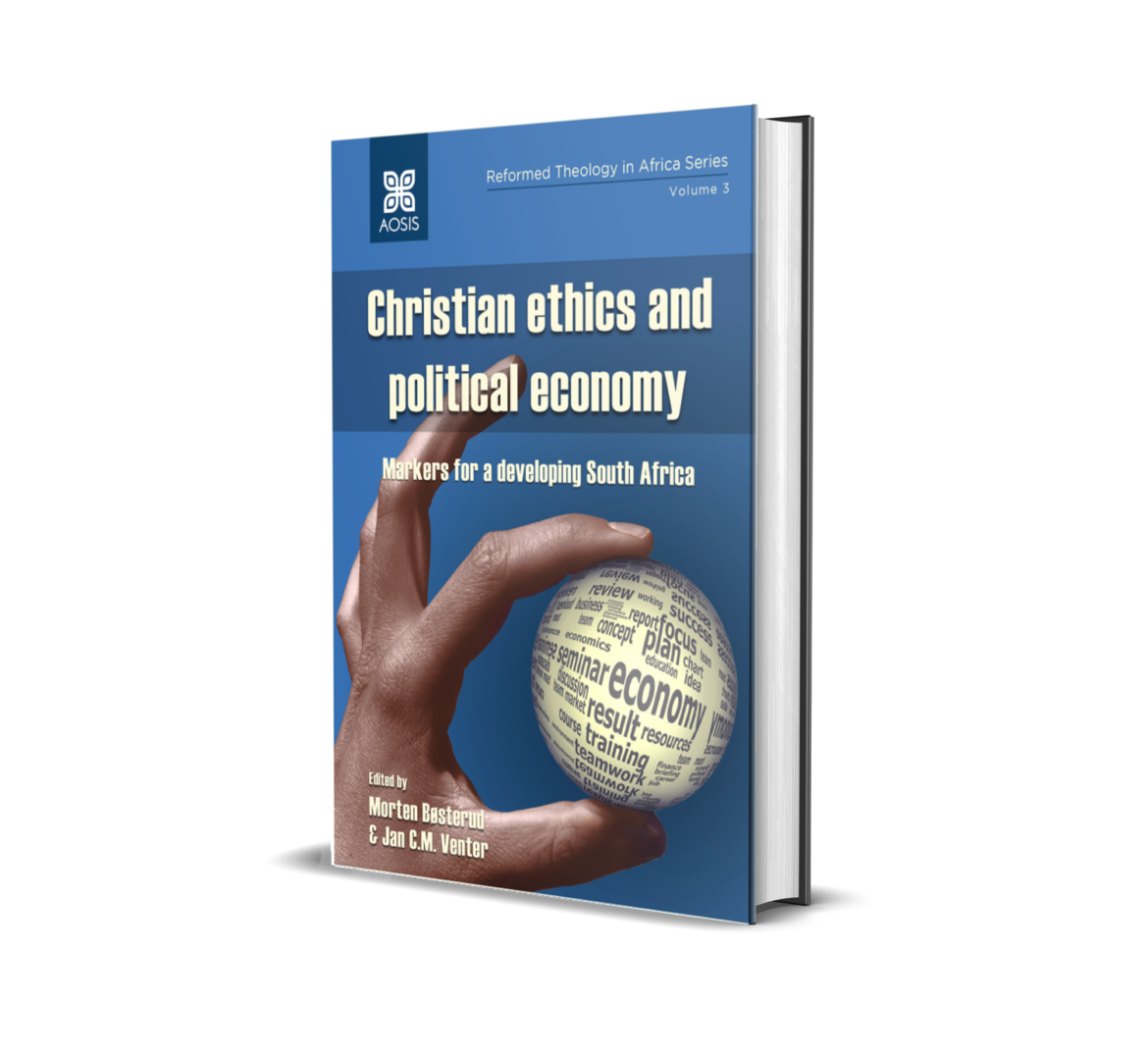The value-free and relativistic human and scientific discourses have led to an era of ideology. From fascism at the dawn of the century, through liberalism and the associated phenomenon of unfettered statism, to the current disillusionment of postmodernism and relativism with endeavours towards new mercantilism. All have maintained poverty, inequality and created scepticism amongst both lay persons and academics. Above all else a renewed yearning for moral and ethical direction in political and economic conduct has been created. This book provides a Christian ethical reflection on political-economic conduct in South Africa as an alternative to current modernistic ideas.
This book aims to produce new Christian ethical insight into the value of new liberal perspectives on the enhancement of the South African political economy. New Christian ethical insight will be gained through new perspectives on the South African political economy.
Copyright (c) 2020 Jan Charl Marthinus Venter, Morten Bøsterud (Volume editor)

